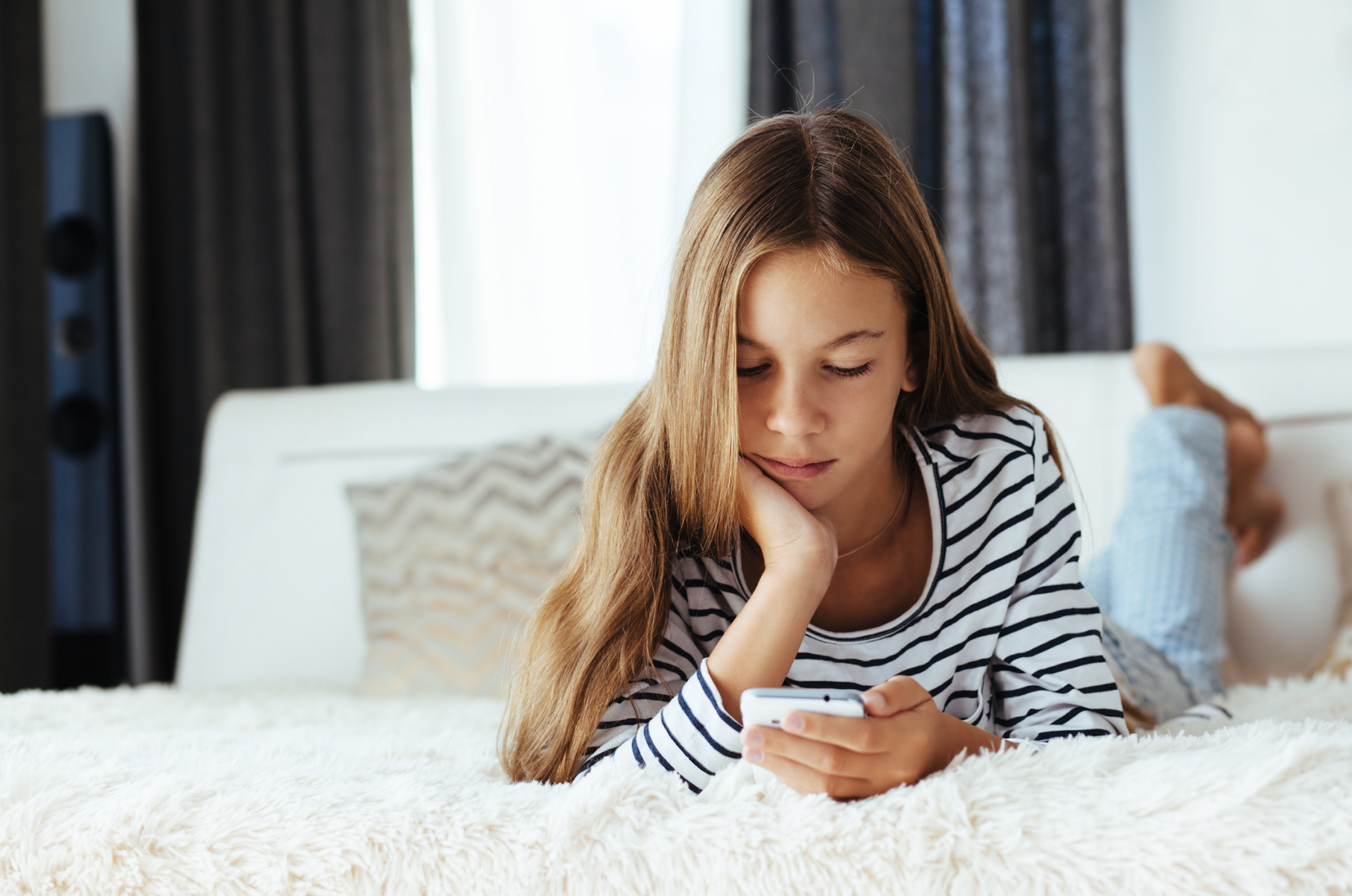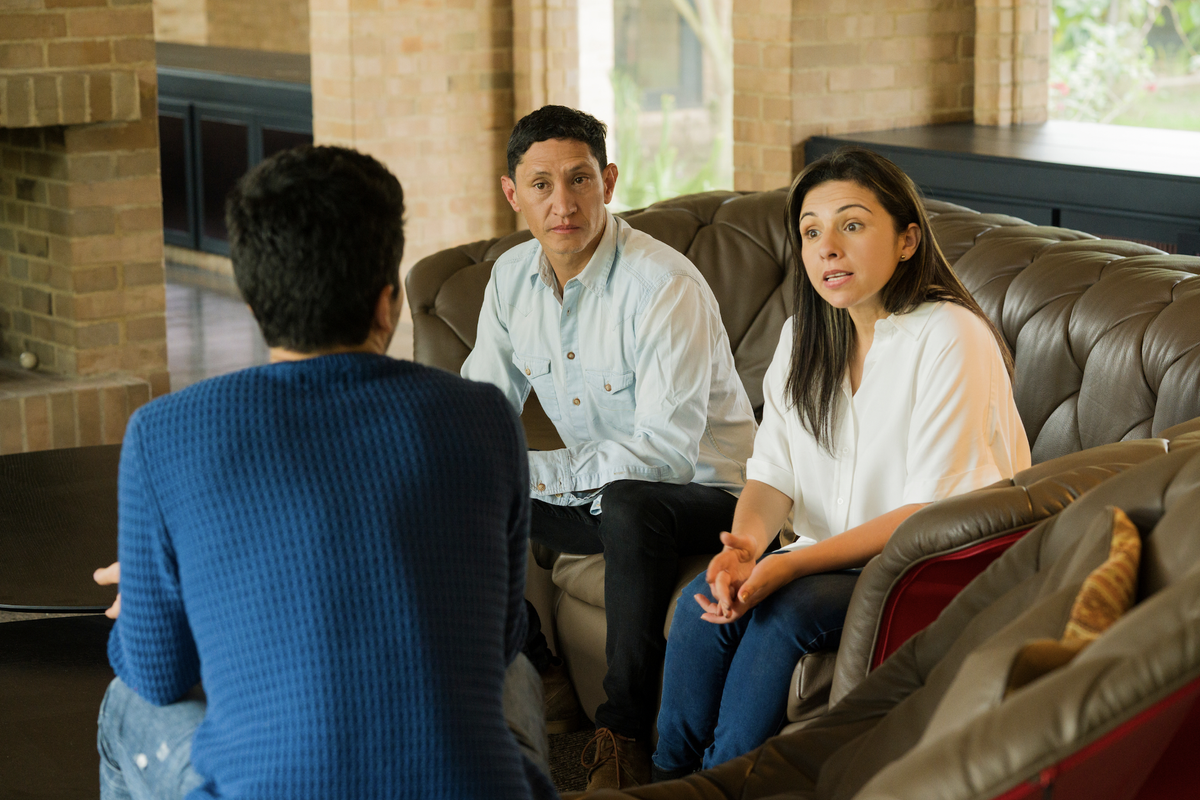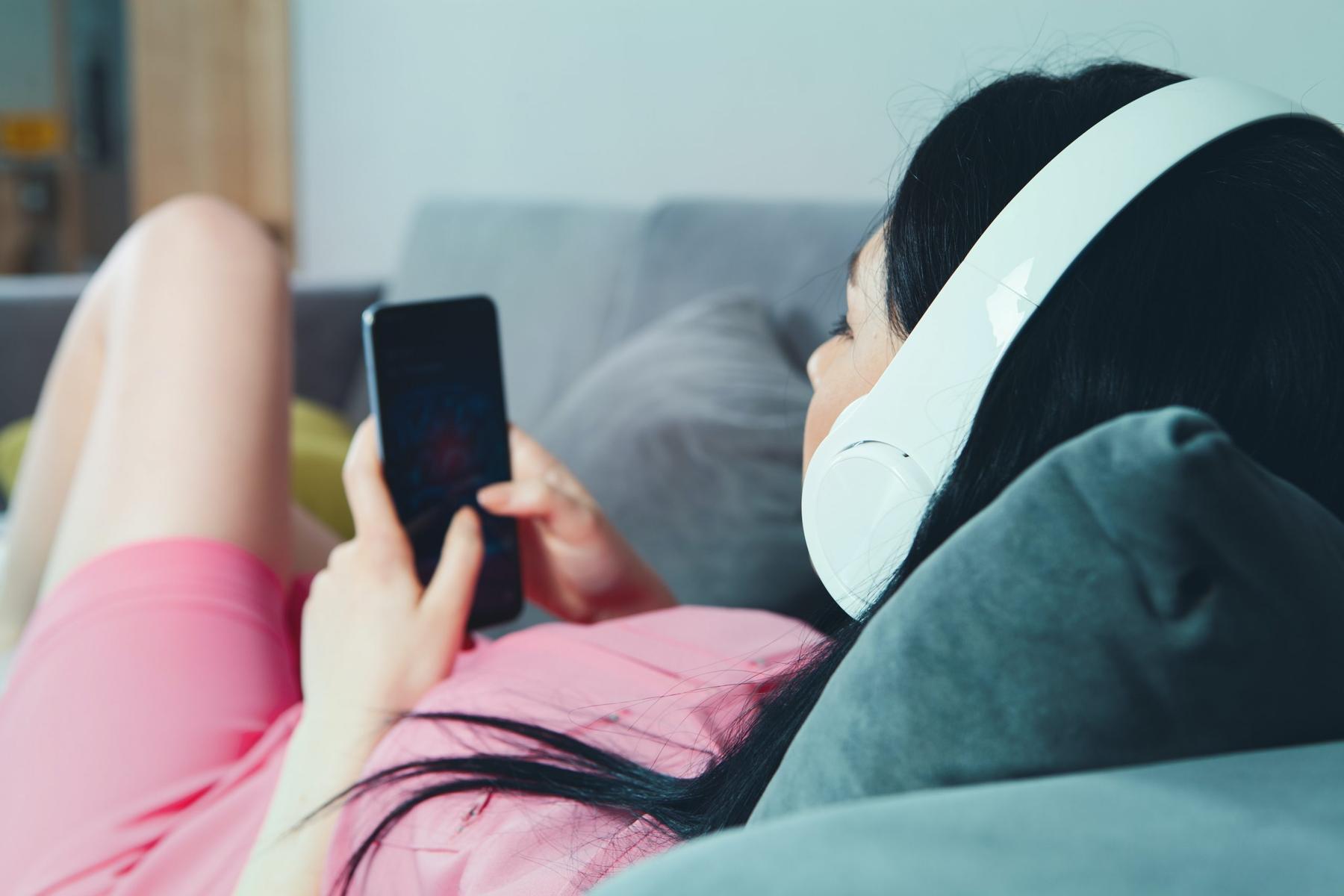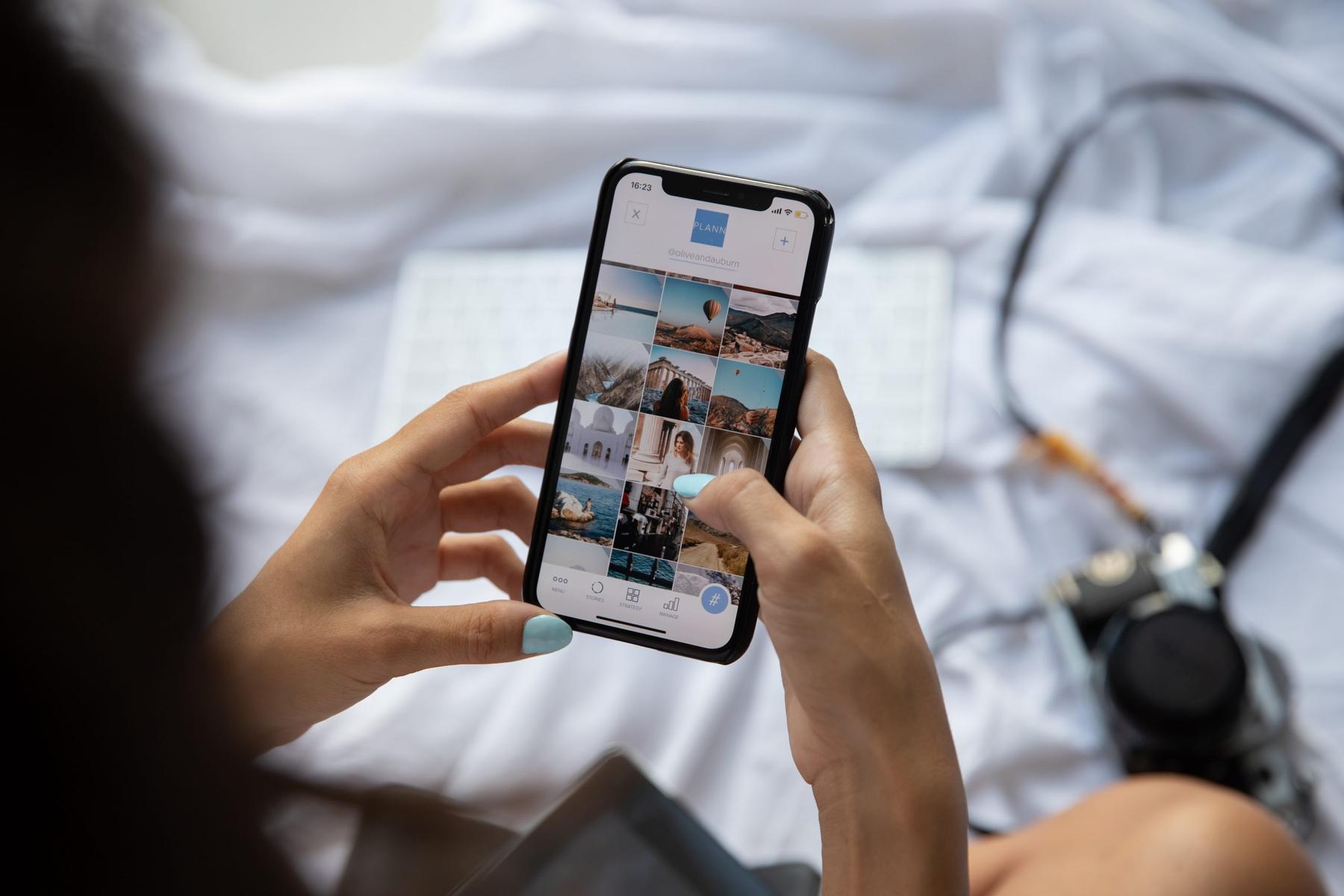E-Learning

It's the most wonderful time of the year, where we might be considering some gift ideas for our children, many parents might be thinking that it could be time to give their child a mobile phone if they are at an appropriate age, The Cyber Safety Project has some sound advice if this is you!
My First Mobile Phone Agreement
Here at the Cyber Safety Project we are huge fans of technology for living, learning, connecting and playing. Supporting young people to thrive in the digital world starts with modelling positive use of technology, engaging in proactive conversations and empowering them to play a role in shaping your family’s digital use protocols.
When the time is right for the young people in your home to take on the responsibility of managing their first mobile phone, tablet/iPad/laptop or gaming console, there are a few important conversations to have as a family. We’ve created the My First Phone Agreement to help you and your children establish a proactive plan. If you want to get your whole family involved, you may also find the Family Digital Use Agreement template handy.
Should I gift or loan a device to my child?
Gifting a mobile phone to your child for their birthday or Christmas could lead to the perception of ownership. We encourage you to consider providing a ‘family owned’ device for them to use, rather than gifting it to them. Ownership may put barriers in place for times when it’s appropriate for you to monitor how the device is being used or removal of the device if misuse occurs.
MY RESPONSIBILITIES:
This section provides opportunities to determine key, I will, I will not and I agree protocols. You may wish to set these for your child, however, we highly recommend collaborating with them to brainstorm the most important responsibilities. This will open up rich dialogue about your family values and the role everyone plays in keeping your child and family safe.
Here are some examples to consider:
- I will ask before downloading new apps or games.
- I will set up online profiles with an adult.
- I will always use respectful language when communicating online.
- I will ask for help if something doesn’t feel right online.
- I will tell my trusted adults if I am being cyberbullied.
- I will not use my device during [x, y, z].
- I will not use my device alone in my bedroom.
- I will not answer calls from unknown numbers.
- I will not allow my friends to use my device.
- I agree to keep my passwords private.
- I agree to allow my parents or carers to check and monitor my device.
- I agree to ask for help when I am unsure.
- I agree to never share personal or family information.
MY DIGITAL BALANCE:
We all know that technology can hook us in. Finding the balance can be hard, even for adults! It’s important to practice and maintain a healthy digital balance and establish realistic goals together. Setting technology use intentions and building in screen time management strategies will play a crucial role in your child’s development to be able to manage their own digital safety and wellbeing.
Your family may need to set boundaries for when, where and how technology is used in your daily routines. We also implore you to not just consider screen time but broaden this to screen use. Connecting and creating with technology can service important human needs and development, and provide opportunities for learning new skills. However, mindlessly consuming or viewing online content can lead to detrimental effects on social, emotional and physical wellbeing.
In this section of the agreement we recommend a conversation about what your family values as priorities over technology use. This may include contributing to family chores, meal times, physical activity or social events.
AND don’t forget, you are your child’s biggest influencer, so modelling the behaviour you value is crucial!
MY SAFETY AND WELLBEING (Settings for Success)
Settings could be the most under-utilised tool we all have as digital users to prevent cyber security and digital wellbeing challenges from occurring. We recommend the following settings are always followed (as a general rule):
- Turn off location services
- Turn off notifications
- Set profiles on social media and gaming accounts to private
- Allow friend requests only from known offline connections
MY BEHAVIOUR ONLINE
Today, our online choices and behaviours can have either a positive or negative impact on our integrity. How we communicate online should reflect the values and morals that we uphold offline. Whatever we say, post or share online can have a lasting impact. Creating an online world where it is safe for everyone requires all digital citizens to regulate their own behaviour as well as contribute to a positive and kind environment.
In this segment we encourage a discussion with your child about how they want to be perceived by others online. How do they wish to be treated by others? What behaviours do they do they value? And how can the be an upstanding digital citizen?
MY SUPPORT CREW
Our most recent Digital Habits Survey identified that only 1 in 3 young people would turn to a parent/carer for help if something went wrong for them online. Ultimately, we all want our children to feel safe to turn to us when things go wrong. It will be important for you to build open and trusting relationships with your child and for them to know that you love them no matter what and there is nothing that they could do that you would not forgive. Your child also needs you to pledge to ‘keep your cool’ if things go wrong for them online.
In this segment of the Cyber Safety Project My First Phone Agreement, help your child identify trusted adults in their life that they would feel safe to turn to for support if something was to go wrong. You may find it helpful to ask questions such as, “Who could you turn to for help if;
- your device breaks or isn’t working properly?”
- something strange pops up on the screen?”
- a stranger or tricky person started to chat to you or threaten you online?”
- you felt worried, nervous or pressured online?”
- someone says something hurtful or unkind to you (or your friends)?”
- managing online life starts to feel overwhelming or stressful?”
You may also consider promoting help seeking services, such as, how to report online harms to the Office of the eSafety Commissioner esafety.gov.au or how to access free and confidential counselling services via kidshelpline.com.au.
Additional strategies to help manage your child’s online safety:
- Device monitoring services: Apple Family Sharing, Google Family Link or Familyzone.com
- Be your child’s biggest influencer: Your Child’s Biggest Influencer | Cyber Safety Project
- Proactive strategies to protect your personal information: https://cybersafetyproject.com.au/2021/03/03/protect-your-personal-data/
- Dealing with and reporting cyberbullying and image based abuse – esafety.gov.au
- Know the law – Youth Law Australia – yla.org.au
Ready to start a ‘First Phone Agreement’ for your child? You can download a copy of the template and guidelines here.
For more from the Cyber Safety Project, click the button below!
Wil Marks
E-Learning Leader




